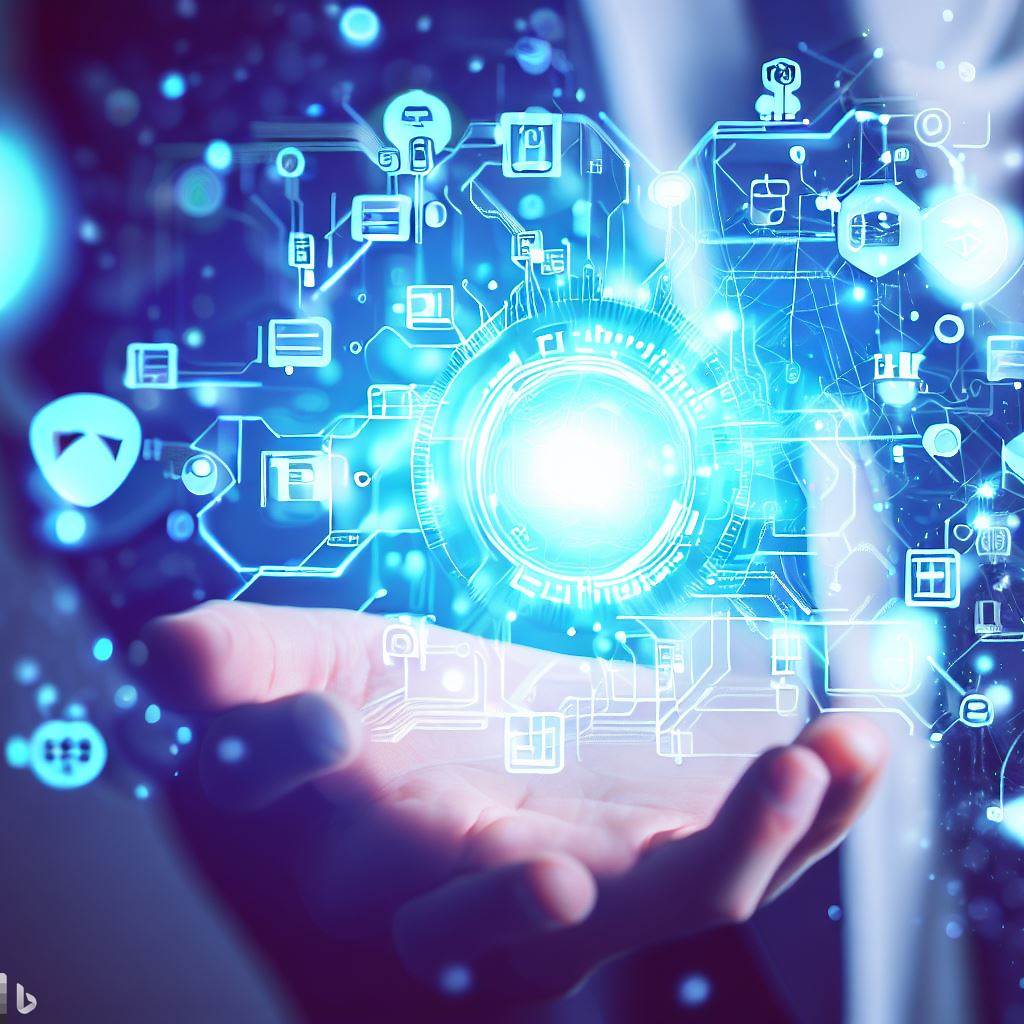The Internet of Things (IoT) is a transformative force in today’s technological landscape, with billions of devices already connected. This number is only set to grow, with every device, system, and infrastructure becoming a potential part of the IoT ecosystem. Let’s delve into the anticipated developments that will shape the future of IoT:
1. Proliferation of Devices:
- By 2030, some estimates predict the presence of over 50 billion connected IoT devices, spanning from household items to industrial machinery.
2. Enhanced Connectivity:
- With the rollout of 5G and eventually 6G, IoT devices will enjoy faster, more reliable connections, enabling real-time data transfer and decisions.
3. Edge and Fog Computing:
- Instead of sending all data to the cloud, IoT devices will process data locally or at the “edge” of the network, resulting in reduced latency and faster response times.
4. Improved Security:
- Given the vulnerabilities exposed in IoT devices, there will be an increased emphasis on security. Advanced encryption, biometric security, and blockchain for IoT are just a few measures that will be adopted.
5. AI and Machine Learning Integration:
- IoT devices will not just collect data but will use AI to analyze and make decisions autonomously. This amalgamation will result in smarter devices capable of self-correction and optimization.
6. Smart Cities:
- IoT will be pivotal in developing smart cities, optimizing traffic flow, waste management, energy use, and more, thus creating a more sustainable and efficient urban environment.
7. Interoperability and Standardization:
- As the IoT landscape grows, there will be a push for standard protocols and interfaces to ensure devices from different manufacturers can communicate seamlessly.
8. Enhanced Privacy Controls:
- As personal devices continue to gather data, there will be more robust privacy controls and regulations to protect user information.
9. Expansion in Healthcare:
- IoT in healthcare, or the “Internet of Medical Things (IoMT)”, will see rapid expansion, with wearable devices monitoring vital statistics in real-time, drug delivery systems, and more.
10. Industrial IoT (IIoT):
- Factories and industrial setups will become smarter with IoT, optimizing production, predictive maintenance, and ensuring worker safety.
11. Smart Homes:
- From intelligent thermostats to security systems, our homes will become more connected and responsive to our preferences and patterns.
12. Energy Management:
- IoT will play a crucial role in optimizing energy consumption, both at a macro (smart grids) and micro (home or office) level.
13. Agricultural Revolution:
- Precision agriculture, using IoT sensors, will optimize the use of water, fertilizers, and pesticides, leading to increased yields and sustainable farming practices.
14. Growth in Retail and Supply Chain:
- Inventory management, customer behavior analysis, and supply chain optimization will become more efficient with IoT.
15. Autonomous Vehicles:
- IoT will be a driving force behind self-driving cars, ensuring they can communicate with each other and their surroundings, making decisions in real-time.
In conclusion, the future of IoT holds the promise of a world where every device, system, and entity can communicate and collaborate. It will usher in unparalleled efficiency and insights across industries, fundamentally reshaping our daily lives and the global economy.

